On the afternoon of November 23, with 86.22% of the National Assembly deputies present in agreement, the National Assembly passed the Law on Cultural Heritage (amended).
Speaking at the meeting, Vice Chairwoman of the National Assembly Nguyen Thi Thanh said that today is Vietnam Heritage Day, and the National Assembly's vote to pass the Law on Cultural Heritage demonstrates the National Assembly's special attention to protecting, preserving and transmitting the nation's cultural values.
Previously, the National Assembly listened to Chairman of the National Assembly's Committee on Culture andEducation Nguyen Dac Vinh present a summary report on the reception, explanation and revision of the draft Law on Cultural Heritage (amended).
Mr. Nguyen Dac Vinh stated that in the process of receiving and revising, the National Assembly Standing Committee has directed the dissemination and implementation of the policy of innovative thinking in law-making; ensuring clear, concise, easy-to-understand, easy-to-implement regulations, closely following reality, ensuring feasibility; clearly defining the tasks and powers of agencies, organizations and individuals; simplifying administrative procedures, facilitating the management, protection and promotion of cultural heritage values.
At the same time, only regulate the contents under the authority of the National Assembly; assign the Government and Ministries to regulate the contents within their authority to flexibly and promptly amend and supplement when necessary; minimize the overlapping regulations with the contents already stipulated in other laws.
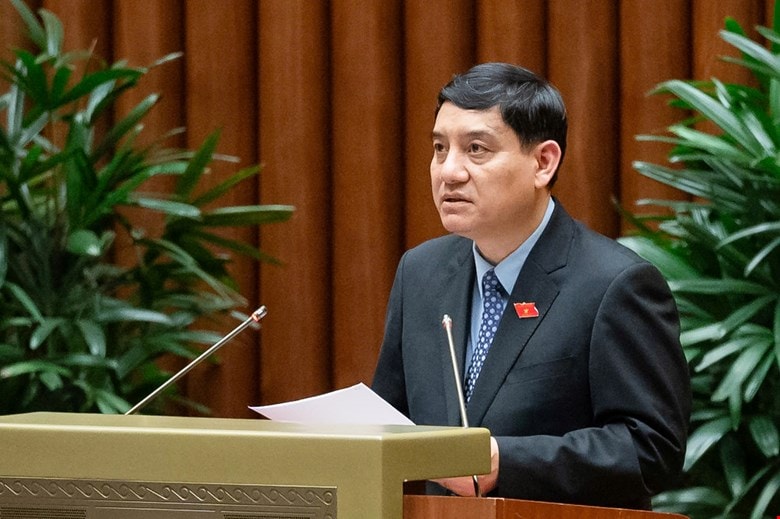
The Law on Cultural Heritage recently passed by the National Assembly consists of 9 chapters and 95 articles, an increase of 2 chapters and 22 articles compared to the current Law (7 chapters and 73 articles), closely following the major goals, viewpoints and policies passed by the National Assembly, institutionalizing the Party's guidelines and policies on building and developing Vietnamese culture and people to meet the requirements of sustainable national development; at the same time, resolving institutional bottlenecks, synchronizing with the current legal system and compatible with international treaties to which the Socialist Republic of Vietnam is a member in the process of organizing the implementation of activities to manage, protect and promote the value of cultural heritage.
The Law on Cultural Heritage recently passed by the National Assembly has some basic new points, specifically: Specific regulations on the establishment of cultural heritage according to each type of ownership: public ownership, common ownership, private ownership in accordance with the Civil Code and other relevant legal provisions; Regulations on the State's policies in the activities of protecting and promoting the value of cultural heritage, prioritizing the allocation of the State budget for specific activities; training and fostering human resources participating in the management, protection and promotion of the value of cultural heritage;
At the same time, perfect the prohibited acts to ensure more accuracy and completeness, as a basis for guiding the implementation, inspection and handling of violations in the protection and promotion of cultural heritage values; Specifically identify cases of adjusting the boundaries of protection zones I, protection zones II of relics, world heritage areas and buffer zones of world heritage; stipulate principles and authority to adjust the boundaries of protection zones to ensure feasibility when applied in practice; Specify the repair, renovation and construction of works and individual houses inside and outside the relic protection zones.
The Law also regulates the management of national relics, antiquities and treasures, the handling of discovered and handed over relics and antiquities; regulations on the purchase and return of relics and antiquities of Vietnamese origin from abroad; supplements the Cultural Heritage Conservation Fund; regulates policies on the management, protection and promotion of documentary heritage values; supplements policies to support the development of the museum system; supplements regulations on specialized inspection agencies for cultural heritage.
To resolve shortcomings and ensure constitutionality and continuity, the Law only regulates new issues that are clear, verified in practice, and highly stable; amends overlapping, inappropriate, and incompatible provisions. The Law on Cultural Heritage focuses on specifying the rights, obligations, and responsibilities of agencies, organizations, and individuals in the management, protection, and promotion of cultural heritage values; principles in the management, protection, and promotion of cultural heritage values; prohibited acts; responsibilities of organizations and representatives assigned to manage and use relics.
Decentralization and delegation of authority in the management, protection and promotion of cultural heritage values, specifically: Regulations on the authority to rank, supplementary rank, and cancel decisions on ranking relics in the direction: The Chairman of the Provincial People's Committee decides on provincial relics; the Minister of Culture, Sports and Tourism decides on national relics; the Prime Minister decides on special national relics;
The Chairman of the Provincial People's Committee is responsible for organizing or authorizing the head of the provincial-level cultural agency or the Chairman of the District People's Committee to mark the boundary of the relic protection area. In addition, the Law on Cultural Heritage also emphasizes the completion of the legal framework for the use and exploitation of cultural heritage, the construction of a national database on cultural heritage, digital transformation, and socialization in the field of protection and promotion of cultural heritage values.
The Law on Cultural Heritage takes effect from July 1, 2025.
Source: https://daidoanket.vn/quoc-hoi-thong-qua-luat-di-san-van-hoa-sua-doi-10295097.html














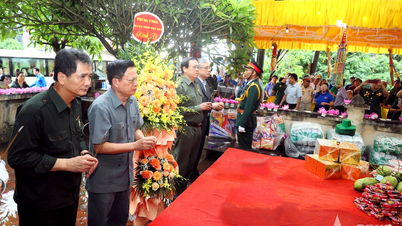



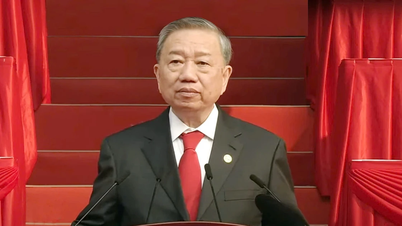
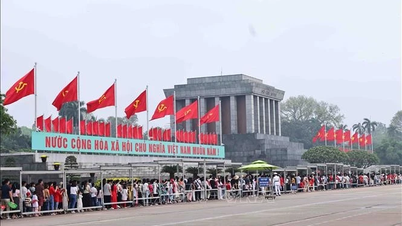




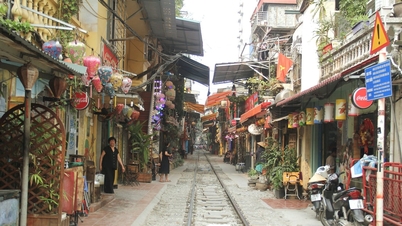

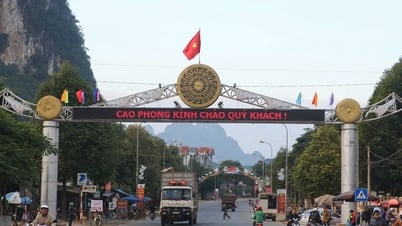




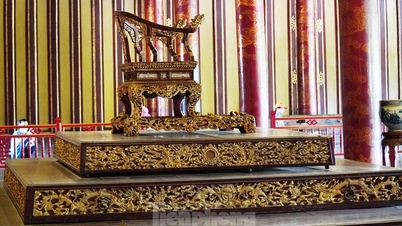






















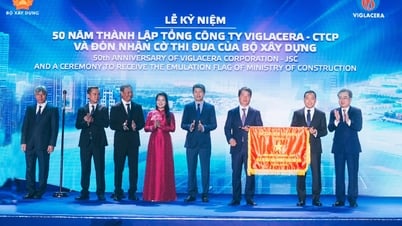
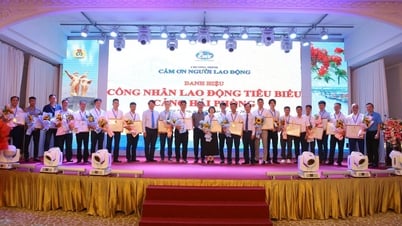







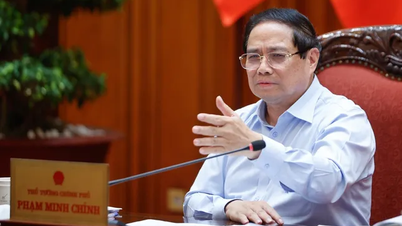


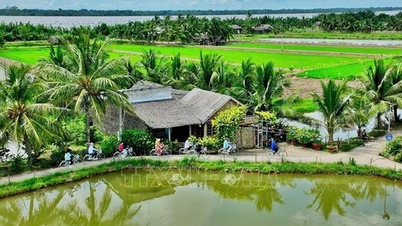


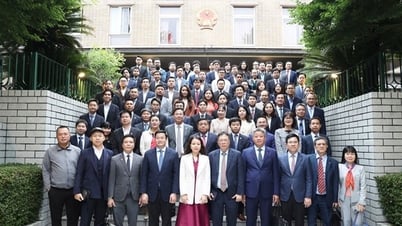




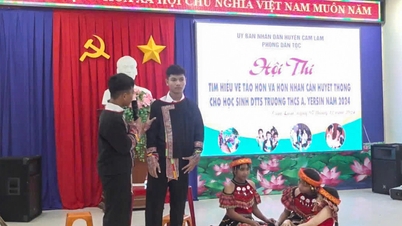



















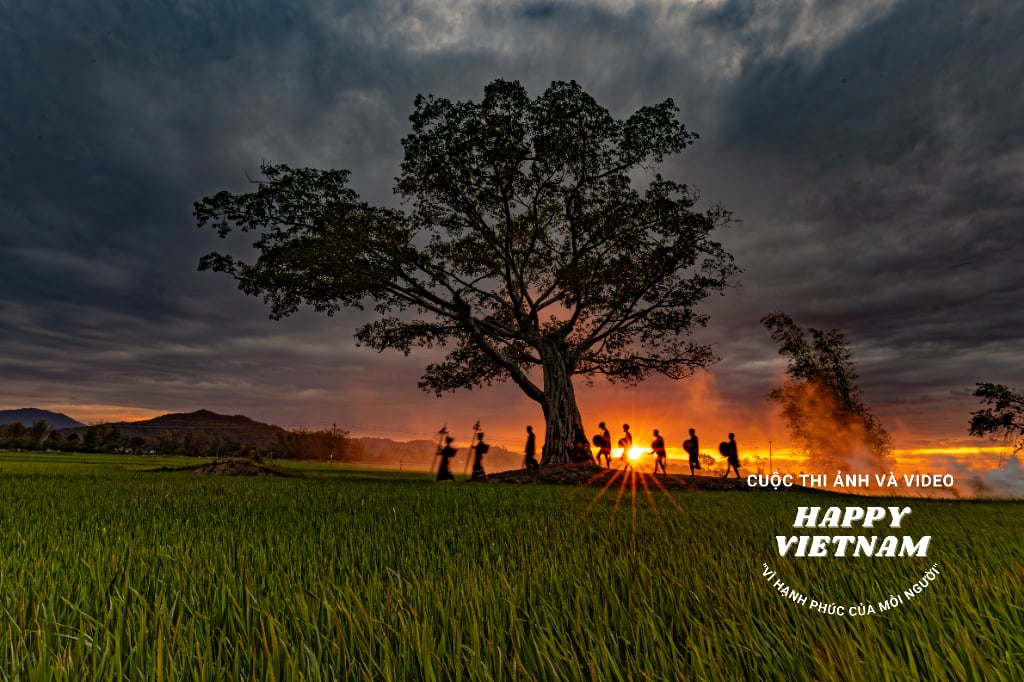
Comment (0)